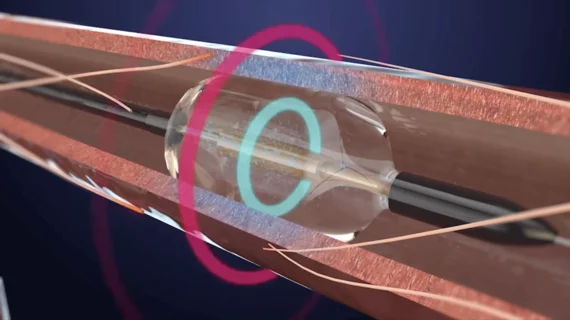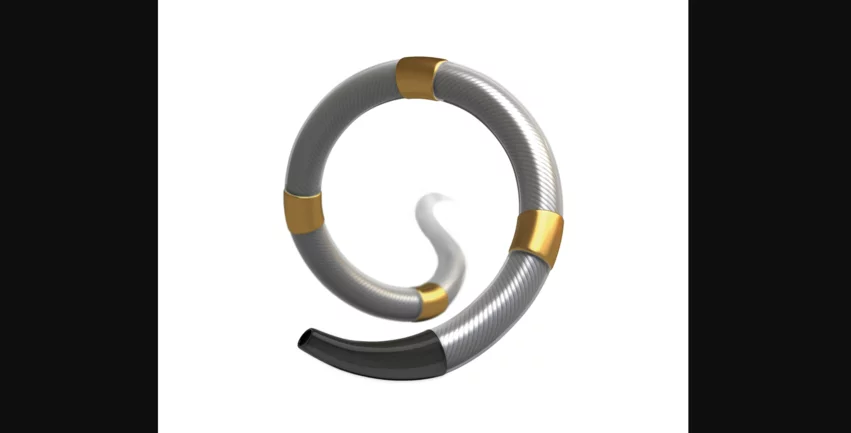CMS increases inpatient payment for Recor Medical, Medtronic renal denervation systems
Renal Denervation (RDN) systems from Recor Medical, the California-based healthcare technology company owned by Otsuka Medical Devices, and Medtronic are now associated with improved Medicare reimbursements when used in an inpatient setting.
Recor Medical's Paradise Ultrasound RDN system gained U.S. Food and Drug Administration (FDA) approval for treating uncontrolled hypertension back in November 2023. It was first RDN system for hypertension to ever gain FDA approval; Medtronic’s Symplicity Spyral RDN system became the second just weeks later.
The U.S. Centers for Medicare and Medicaid Services (CMS) published its 2025 Medicare Hospital Inpatient Prospective Payment System (IPPS) final rule on Aug. 1, and it included a New Technology Add-On Payment (NTAP) for the Paradise Ultrasound RDN system and Symplicity Spyral RDN system. This was filed under ICD-10-PCS billing code X051329 for the Paradise Ultrasound device and ICD-10-PCS billing code X05133A for the Symplicity Spyral device. Under the new billing codes, hospitals will receive an additional reimbursement on top of regular Medicare Severity Diagnosis Related Group payments when using these devices for inpatient procedures. That additional reimbursement is $14,950 for the Paradise Ultrasound device and $10,400 for the Symplicity Spyral device.
“We greatly appreciate CMS’s support in helping Medicare beneficiaries gain access to innovative therapies like the Paradise Ultrasound RDN system,” Lara Barghout, Recor President and CEO, said in a statement. “Uncontrolled hypertension remains a top concern among physicians, with many patients remaining at increased risk of cardiovascular disease and adverse consequences in spite of lifestyle changes and treatment with available medications. The availability of an NTAP for the Paradise Ultrasound RDN system makes it possible for physicians to provide their patients with an additional therapeutic option that can help reduce their blood pressure.”
When the FDA approved the Paradise Ultrasound RDN system, its decision was largely based on data from three different trials—RADIANCE II, RADIANCE-HTN SOLO and RADIANCE-HTN TRIO. An advisory panel reviewed the same data and voted by a count of 12 to 0 that the device was safe to use for patients with uncontrolled hypertension. The panel voted 8 to 3, with one member abstaining, that the system was effective, and then voted by a count of 10 to 2 that the benefits outweighed any potential risks.
Medtronic also issued a statement to the media about the updated reimbursement.
“Medtronic is pleased to see the final rule for the Medtronic Symplicity Spyral application for NTAP,” said Jason Weidman, senior vice president and president of the coronary and renaldenervation business in Medtronic's cardiovascular portfolio. “Although we expect a small number of inpatient RDN procedures, this a notable milestone in developing reimbursement for Symplicity Spyral.”
The new IPPS payment takes effect on Oct. 1.


